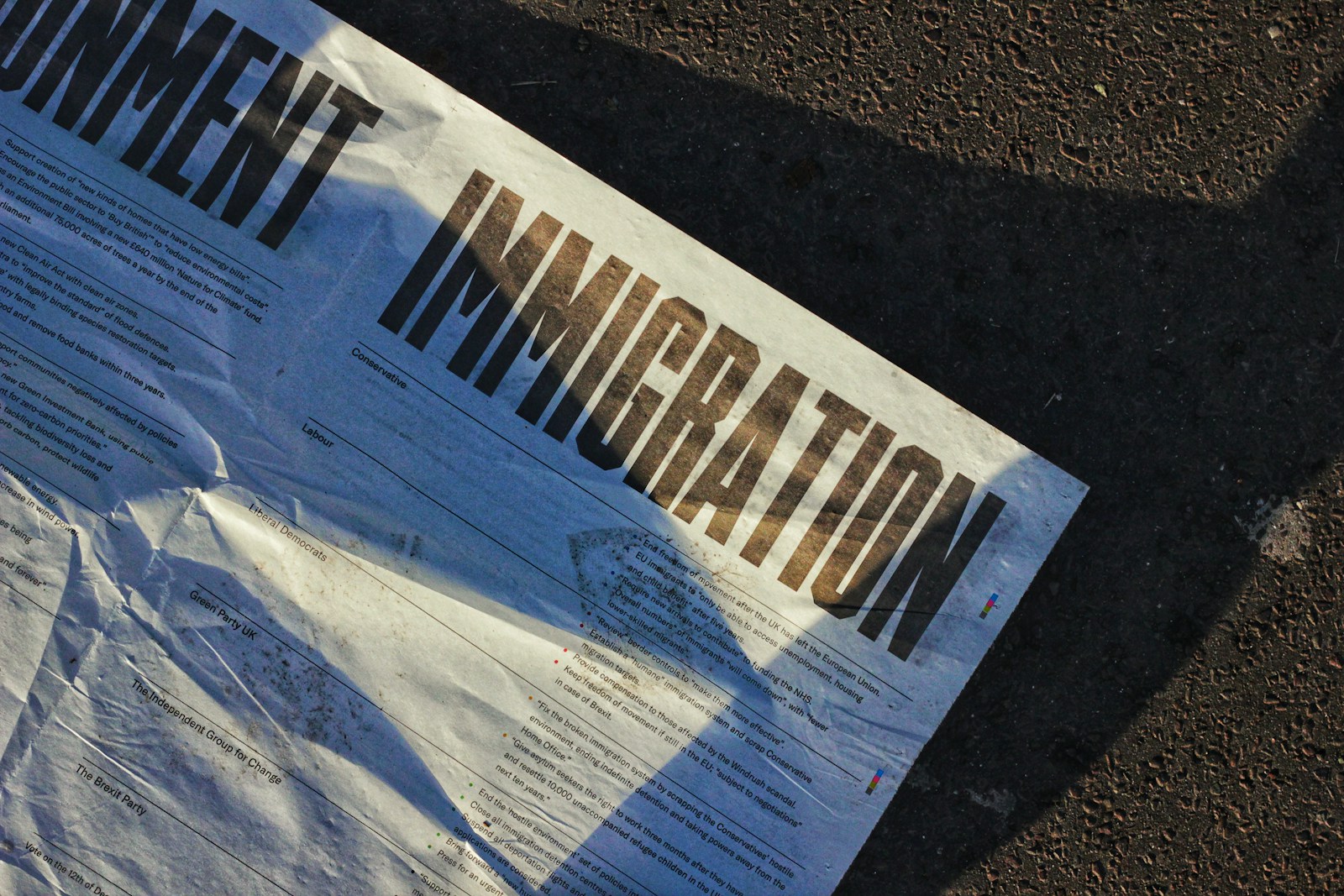Key Takeaways
– ICE offered cash bonuses for faster deportations
– Officials canceled the pilot within hours
– Critics warn about due process and profiling
– Courts block ICE from targeting by race or language
Introduction
This week Immigration and Customs Enforcement tested a plan to pay agents extra for speeding up removals. Within hours, officials pulled the plan after questions arose. Critics say the move shows how ICE struggles to meet strict targets while respecting rights.
Plan Launch and Cancellation
First ICE rolled out a thirty day pilot offering a bonus for each immigrant it removed quickly. Agents would earn two hundred dollars for a removal within seven days of arrest. They would receive one hundred dollars for a removal in two weeks. The memo urged agents to use a fast track process known as expedited removal. That process skips court hearings for immigrants without legal status.
Then reporters began to ask about the program. They pointed out that the pilot could pressure officers to act without legal review. Soon ICE sent a short note telling staff to ignore the pilot. Within four hours the program ended.
Bonus Details
The bonus plan aimed at meeting aggressive deportation targets set by the administration. Officials have promised high numbers of removals. To fill that need, ICE also offers large signing bonuses of fifty thousand dollars for new hires. The agency wants to add ten thousand more agents nationwide.
By tying cash to speed, ICE hoped to boost removal rates. However the plan risked rewarding agents for closing cases too fast. That could harm migrant rights and undermine legal safeguards.
Legal and Ethical Concerns
Rights groups warned that the bonus plan could violate due process. They argued that immigrants deserve fair hearings. They also pointed out that expedited removal may lead to errors and abuses.
Moreover civil liberties advocates fear that bonuses will push officers to profile by race or language. They note that one in five people arrested have no criminal record. Critics say this shows that ICE already targets people who appear foreign.
Courts have already reined against such practices. In July a court blocked ICE from racially profiling arrests. Last week the Ninth Circuit upheld a ban on targeting by job type or language. Judges said ICE must follow neutral rules for stops and detentions.
Court Challenges
Courts act as a check on ICE power. First a lower court barred race based profiling in ICE operations. Then judges in the Ninth Circuit refused to lift a temporary restraining order. That order stops officers from targeting based on job or the language a person speaks.
These rulings protect basic rights and ensure fair treatment. They also limit ICE strategies that rely on appearances. Consequently ICE needs to adapt its tactics within legal bounds.
Wider Hiring Push
Meanwhile ICE faces staffing challenges. The agency wants to boost its workforce by ten thousand agents. To attract applicants, it offers signing bonuses of fifty thousand dollars. That incentive seeks to fill roles from border patrol to detention officers.
However critics question whether more hires improve justice or just fuel higher removal numbers. They say ICE must balance enforcement goals with human rights protections.
Political Context
During the 2024 campaign the president said he would focus on deporting criminals. Yet records show many arrested immigrants lack criminal histories. This gap between promise and practice raises political concerns.
Opponents accuse ICE of targeting immigrants indiscriminately. They demand clearer rules to ensure officers arrest only those with serious offenses. They also call for stronger oversight of ICE practices.
What Comes Next
With the bonus pilot halted, ICE now faces several challenges. First it must explain how it will meet removal quotas without cash incentives. Second it needs to address court orders that curb profiling. Third it should rebuild public trust while hiring thousands of agents.
Experts predict ICE will explore other methods to speed removals. They may refine expedited removal rules or use data to spot priorities. They could also tighten internal reviews to prevent rights abuses.
However any new plan must avoid past mistakes. Otherwise ICE risks more legal setbacks and public backlash.
Conclusion
ICE’s brief bonus program highlights tensions between enforcement goals and legal protections. While agents seek to meet high deportation targets, courts and critics demand respect for due process and equal treatment. As ICE continues hiring and refining its methods, it must balance speed with fairness. Otherwise it could face more legal limits and loss of public support.
